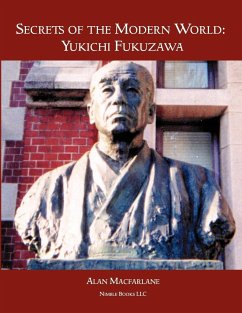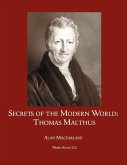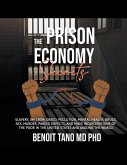Alan Macfarlane writes: Yukichi Fukuzawa (1835-1901) is arguably the greatest Japanese social thinker of the last three centuries, yet he is little known outside his native country, except to experts on Japan. Contemporaries, on the other hand, recognized his eminence and influence. The dialogue with Fukuzawa has a somewhat different purpose from that with earlier thinkers of the western Enlightenment treated in my previous work. The work of Montesquieu, Smith and Tocqueville, when combined, set out a set of conjectures as to how mankind could and perhaps did 'escape' from the normal tendencies of agrarian civilization. Since Fukuzawa (1835-1901) was writing later, and at a great distance from the original 'escape', it is unlikely that he will be able to contribute much that is original to the analysis of this problem. For that we have already considered Maitland's impressive solution. On the other hand, Fukuzawa provides an interesting test case for the utility of their theories. If their model is plausible and seems to have explanatory power, it should be attractive to a thinker whose aim, as we shall see, is to grasp the essence of the first transition from agrarian to industrial civilization so that he can help his own Japanese civilization achieve a similar break-through. If he selects and approves the same central essence as Montesquieu, Smith, Tocqueville and Maitland, their insights would appear to have cross-cultural validity. An even more stringent test is the degree of success in the material world. In other words, did the recipe work? If an outsider to Europe not only repeated the central theories of those who addressed the riddle of the origins of the modern world, but then applied these to a distant civilization and helped to effect a similar 'escape' in entirely different circumstances, this would be as good a confirmation of the validity of the theory as one could hope for. The task is made more worthwhile because, despite his eminence and interest, there has only been one book about him in English, and that was also about other thinkers in the Japanese Enlightenment. There have been one or two articles also, but there is no recent intellectual biography of a man who had an enormous impact on Japanese civilization and whose ideas are such a wonderful mirror of western thought and colonial expansion.
Hinweis: Dieser Artikel kann nur an eine deutsche Lieferadresse ausgeliefert werden.
Hinweis: Dieser Artikel kann nur an eine deutsche Lieferadresse ausgeliefert werden.








